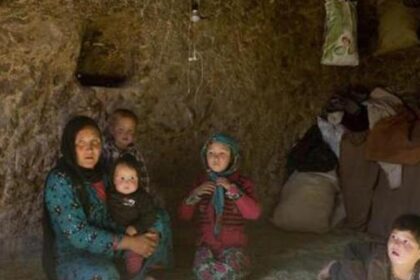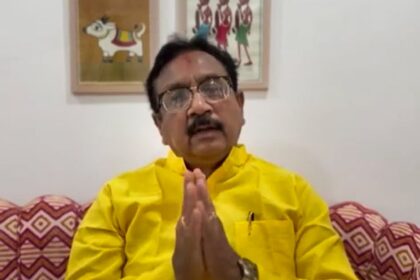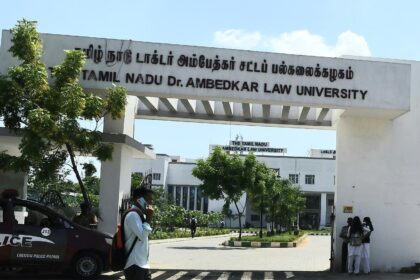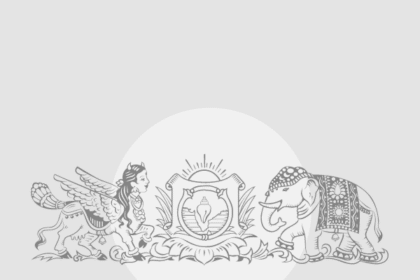The UPA Government’s Stalemate on Caste Census
In 2010, the UPA government was taken by surprise when its allies, the RJD and Samajwadi Party, along with the JD(U), demanded a caste headcount along with the 2011 decadal Census. The Congress and BJP, then the main opposition parties, did not have a clear position on the matter, with some OBC leaders within the parties supporting the idea. The Home Ministry under P Chidambaram argued that including caste in the Census would yield inaccurate results due to logistical challenges.
Population Census is not an ideal tool for collecting caste details. The operational difficulties are numerous, posing a grave risk to the integrity of the Census data and potentially distorting the fundamental population count. The Home Ministry informed the Cabinet about these concerns.
However, the socialist parties in the Hindi heartland, with OBCs as their main voter base, persisted with their demand. They also vociferously opposed the Women’s Reservation Bill, which they saw as an opportunity to resurrect their OBC politics. Under pressure, the government agreed to a debate on caste census in Parliament, though some ministers remained opposed. The BJP, however, had already shifted its stance to favor a caste census.
In May 2010, a discussion on the issue was held in Parliament, with a majority of the leaders, including those from the BJP, favoring a caste census. This prompted the government to review its stance. The Home Ministry, initially opposed to a caste-based census, also softened its position, arguing that a caste-based headcount could be done after tabulating Census figures during the biometric capture phase.
On May 27, 2010, the UPA government referred the contentious issue to a Group of Ministers (GoM) headed by then Finance Minister Pranab Mukherjee. The GoM was divided, and most parties, including the BJP, backed a caste-based headcount. In September, the decision to hold a caste headcount was taken.
In 2011, the Ministry of Rural Development began the SECC exercise, studying the socio-economic status of close to 25 crore rural and urban households. The census in rural areas was conducted by the Rural Development Ministry, while the urban study was under the Housing and Urban Poverty Alleviation Ministry. The caste census was under the control of the Ministry of Home Affairs.
However, delays and missed deadlines plagued the enumeration and tabulation of data. By the end of 2012, the enumeration was completed, but the data was not ready until the end of 2013. A UPA minister told The Indian Express that the provisional data was ready by September-October 2013, but with elections approaching, a call was made to let the next government release the data.
In 2014, the UPA lost power to the Modi-led NDA government. In 2015, the Modi government released provisional data from the SECC for rural India, while holding back the caste data, saying it had not been finalized. In 2016, the government told the Lok Sabha that it had directed the Office of the Registrar General and Census Commissioner to process the caste data and hand over the details of the castes/tribes returned in the enumeration to an Expert Group.
In 2018, the government told the Lok Sabha that certain errors had been observed during the processing of the caste data. The Home Ministry said the caste data had been handed over for processing. In August, the government told the Rajya Sabha that the processing of caste data was taking time due to design issues at the data collection stage. The reply said the planned Expert Group had not been set up.
In 2021, in response to a question in the Rajya Sabha, the Home Ministry said the raw caste data was provided to the Ministry of Social Justice and Empowerment for classification and categorisation. The government, in an affidavit filed in the Supreme Court, effectively ruled out holding a caste census that year, saying exclusion of information regarding any other caste, apart from SCs and STs, from the Census is a conscious policy decision. The affidavit said there were technical flaws in data collection, with the exercise throwing up 46 lakh different castes, and that the total numbers cannot be exponentially high to this extent. The Centre said that an analysis of the data showed that the caste enumeration was fraught with mistakes and inaccuracies and is not reliable.
Reference : https://indianexpress.com/article/political-pulse/modi-govt-caste-census-rahul-gandhi-modi-9974853/








